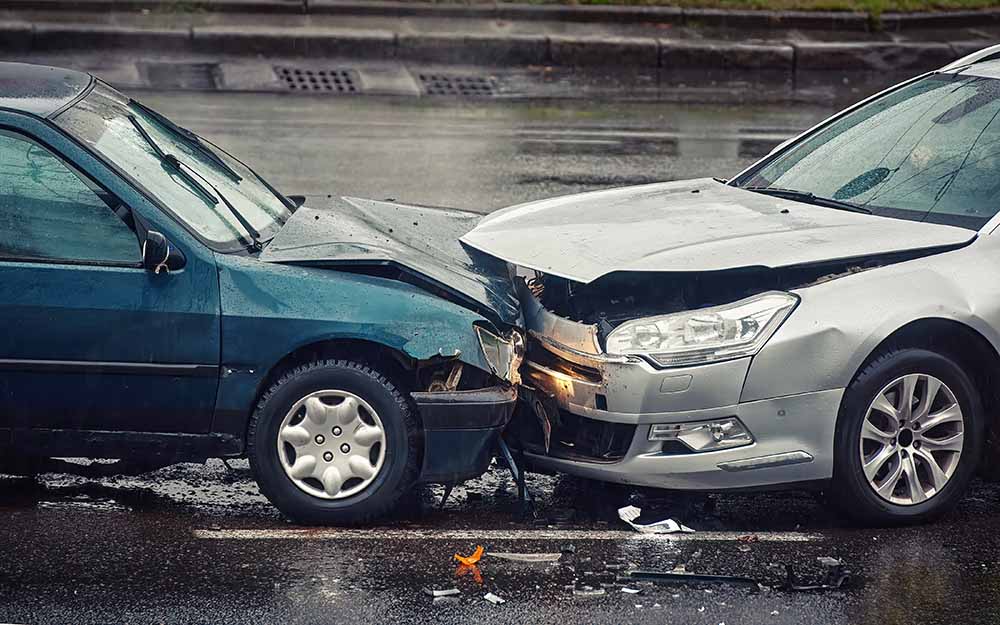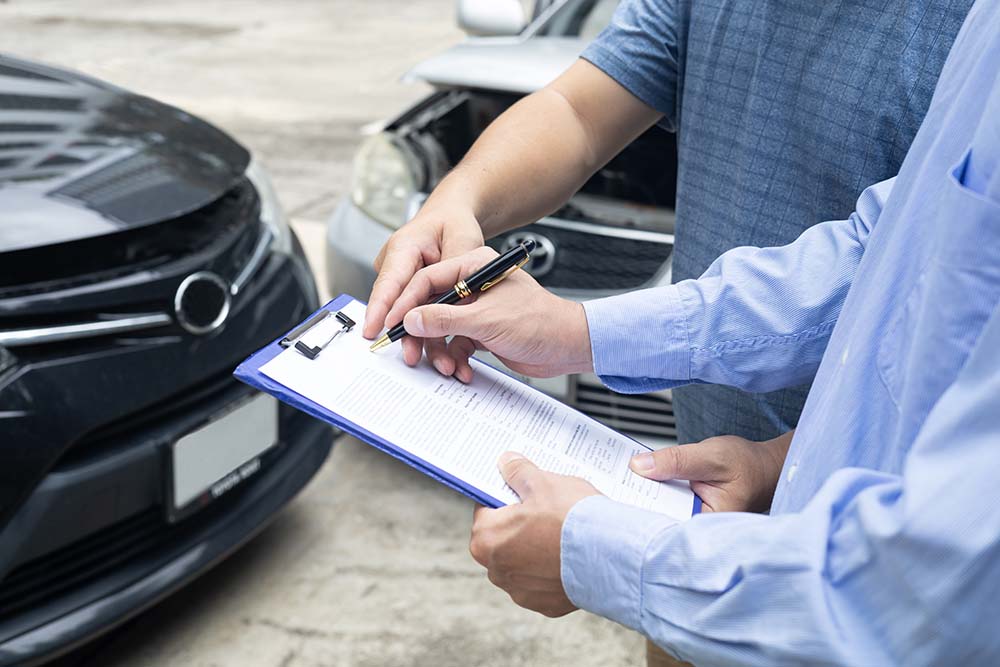If you’ve been in a car accident in Georgia, you’re probably feeling stressed and overwhelmed. On top of dealing with potential injuries, vehicle damage, and rattled nerves, you now have to navigate the tricky world of crash reports and insurance claims. Take a deep breath – we’re here to help guide you through it.
As a company that specializes in helping folks get their hands on official accident reports, we know the ins and outs of these documents like the back of our hand.
Today, we’re pulling back the curtain on Georgia crash reports. Consider this your go-to primer on what they contain and how to decipher the key details.
Want to skip the details and get your crash report in Georgia today? Click here to get your report!
What Exactly is a Georgia Crash Report?
Let’s start with the fundamentals. A Georgia crash report is the official record prepared by law enforcement officers responding to the scene of a motor vehicle accident. Think of it as a detailed narrative outlining what happened according to the officer’s investigation.
These reports are pretty comprehensive. Here’s what’s included in a GA crash report:
- Date, time, and location of the crash
- Driver and vehicle information for all parties involved
- Any injuries sustained and their severity
- Environmental conditions like weather, road hazards, etc.
- The officer’s assessment of who was at fault and why
- Any citations issued for violations
- Witness statements and contact information
While the reports can run several pages, the language is straightforward – no unnecessary legal jargon to muddy the waters. With a bit of guidance, most people can follow along just fine.
What You Need to Fill Out in a GA State Patrol Crash Report
Now that you understand the overview, let’s dive into some of the most critical sections within a typical Georgia crash report and what to look for:
Driver and Vehicle Information
This part has all the basics on the drivers involved – names, contact details, insurance info, vehicle make/model, etc. Double check that everything listed for you is 100% accurate. Even small mistakes here could create headaches down the road.
Statements and Witness Accounts
Pay close attention to the narrative portion where the officer describes the sequence of events based on evidence from the scene. Does it line up with your recollection? This section also includes any statements from witnesses. Make sure there aren’t any potential conflicts of interest or inconsistencies.
Citations Issued
This will list any tickets or violations handed out, like reckless driving, failure to yield, etc. How the officer assigned fault and any citations given could significantly impact your case. It’s very important to understand what position the officer is taking and these are all things that you are not outside of your rights to find out.
Vehicle Damage and Injuries
You’ll find details here on the extent of damage to each vehicle as well as any injuries sustained by drivers, passengers, pedestrians, etc. Ensure the severity of any injuries is properly documented.
Once you have the report in hand, we recommend reading it over thoroughly and making notes on any sections that seem incomplete, inconsistent or flat-out incorrect. Even minor errors or omissions could undermine your ability to make a full recovery from the other party’s insurance company.

Amending the Record
If you do find issues with the report, don’t panic! While amending the official record takes some legwork, it’s certainly possible with the right approach:
- Contact the investigating officer and politely request a review, pointing out any discrepancies
- Provide any additional evidence you have to back up your case (photos, witness testimonies, etc.)
- Follow up with the officer’s superiors if disagreements remain unresolved
- As a last resort, obtain legal counsel to formally challenge the report’s findings
The key is acting quickly and being persistent yet professional in your communications with law enforcement. It’s their job to get the facts straight, so most will be willing to make amendments if you present a strong, clear case.
Leverage Your Report for Maximum Benefit
At the end of the day, your Georgia crash report serves as a critical piece of evidence when it comes to insurance claims, personal injury lawsuits or any other legal proceedings related to the accident. Don’t underestimate its importance!
With an accurate report in hand that clearly spells out the other party’s role in causing the collision, you’ll be in a much stronger position to recover financially for all accident-related damages and injuries. Insurers and attorneys rely heavily on these reports when assessing fault and determining how much claimants should receive.
Obtaining Your Report the Easy Way
Of course, before you can scrutinize a crash report for errors, you first have to get your hands on the reports you need. And as you’ve probably realized by now, that’s easier said than done when dealing with law enforcement.
That’s where our team at Accident Records comes in. We’ve been helping Georgia residents just like you quickly and easily track down their official reports for years. Our streamlined process removes the hassle and headaches, letting you focus on more important things – like recovery and putting your life back together.
All you have to do is provide us with some basic details, and we’ll take it from there behind the scenes. Within a few days, you’ll have the report delivered straight to your email inbox without any tedious back-and-forth. We even offer additional resources to connect you with qualified attorneys or medical professionals specializing in accident cases if needed.
The road after a collision can feel long and overwhelming. But knowing the facts about Georgia crash reports – and having professionals in your corner – goes a long way toward smoothing the journey ahead. Ready to get started? Get your report today!
